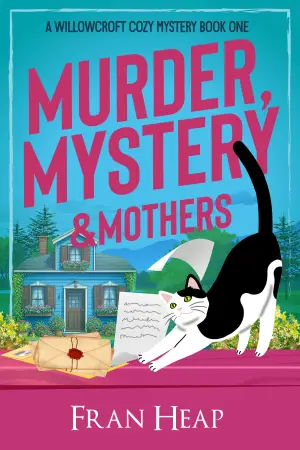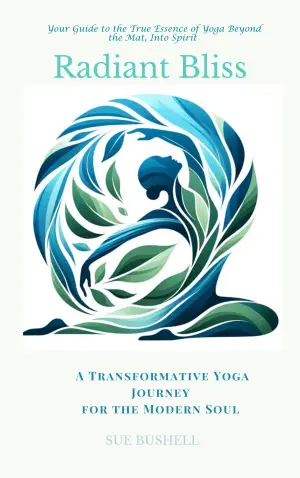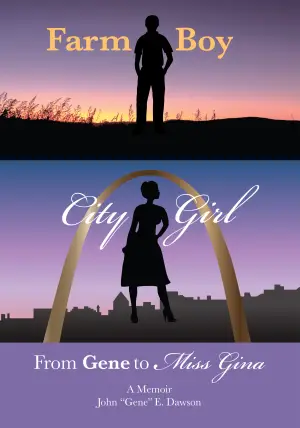Book Review: Magpie Murders by Anthony Horowitz
When I first picked up Magpie Murders by Anthony Horowitz, the promise of a tale intertwined with cozy mystery elements and self-referential depth immediately intrigued me. It was like unpeeling the layers of an onion, revealing not just a whodunit but a delightful meditation on the genre itself. As a long-time lover of murder mysteries, particularly those wrapped in the warm blanket of English village life, I felt a familiar thrill as I settled in to unravel this literary puzzle.
At the heart of Magpie Murders lies Susan Ryeland, a publishing editor who finds herself entangled in the fictional world of Alan Conway, the author of a series of detective novels featuring Atticus Pünd. The two-layered narrative setup—a novel within a novel—allowed me to float between Susan’s real-world dilemmas and the intricacies of Conway’s imaginary crime. The clever intertwining of these stories not only keeps the plot compelling but also serves as a meditation on the nature of storytelling itself—a reflection of the questions raised: What draws us to murder mysteries? Is it the grim intrigue or the satisfaction of resolution?
Horowitz’s playful homage to the golden age of detective novels shines through in both the characters and the plot. Atticus Pünd, akin to the likes of Hercule Poirot, is a meticulous detective whose peculiarities mirror those of classic sleuths. The setting—a quaint English village post-WWII—evokes nostalgia, and the atmospheric pacing, free from modern conveniences like mobile phones, adds to the charm. The chapter naming, reminiscent of nursery rhymes, cleverly sets the tone, beckoning any reader familiar with Agatha Christie.
One memorable quote from the narrative resonates deeply: “The world was not exactly going to be a worse-off place without Alan Conway.” Here, I could sense Horowitz’s critique of the often self-absorbed world of literary fame, encapsulating the duality of admiration and disdain many creators feel about their own creations. As Susan digs into Conway’s personal life and artistic integrity, I found myself reflecting on the complexities of authorship and the vulnerabilities of genius—a theme that lingers long after reading.
Horowitz’s skillful writing is undeniable. His wit and self-referential humor keep the pages turning, making it impossible to resist spotting the myriad Easter eggs sprinkled throughout, from nods to Christie to acknowledgments of his own previous works. The pacing is just right—engaging enough to keep suspense alive while providing moments of introspection, allowing me to ponder the deeper implications of the narrative.
Ultimately, Magpie Murders appeals to a wide audience: mystery aficionados, fans of classic literature, and even those who appreciate a dash of meta-fiction. It challenges the reader to look beyond just solving the crime, offering an engaging experience that makes one question the very nature of storytelling and the human condition.
As I closed the final pages, I felt a sense of satisfaction, akin to that of solving a particularly intricate riddle. For anyone looking for a novel that combines clever narrative structure with charming English whimsy and a touch of darkness, I wholeheartedly recommend Magpie Murders. It’s not just a murder mystery; it’s an invitation to embrace the enigma of life through the lens of fiction.
Discover more about Magpie Murders (Susan Ryeland, #1) on GoodReads >>













